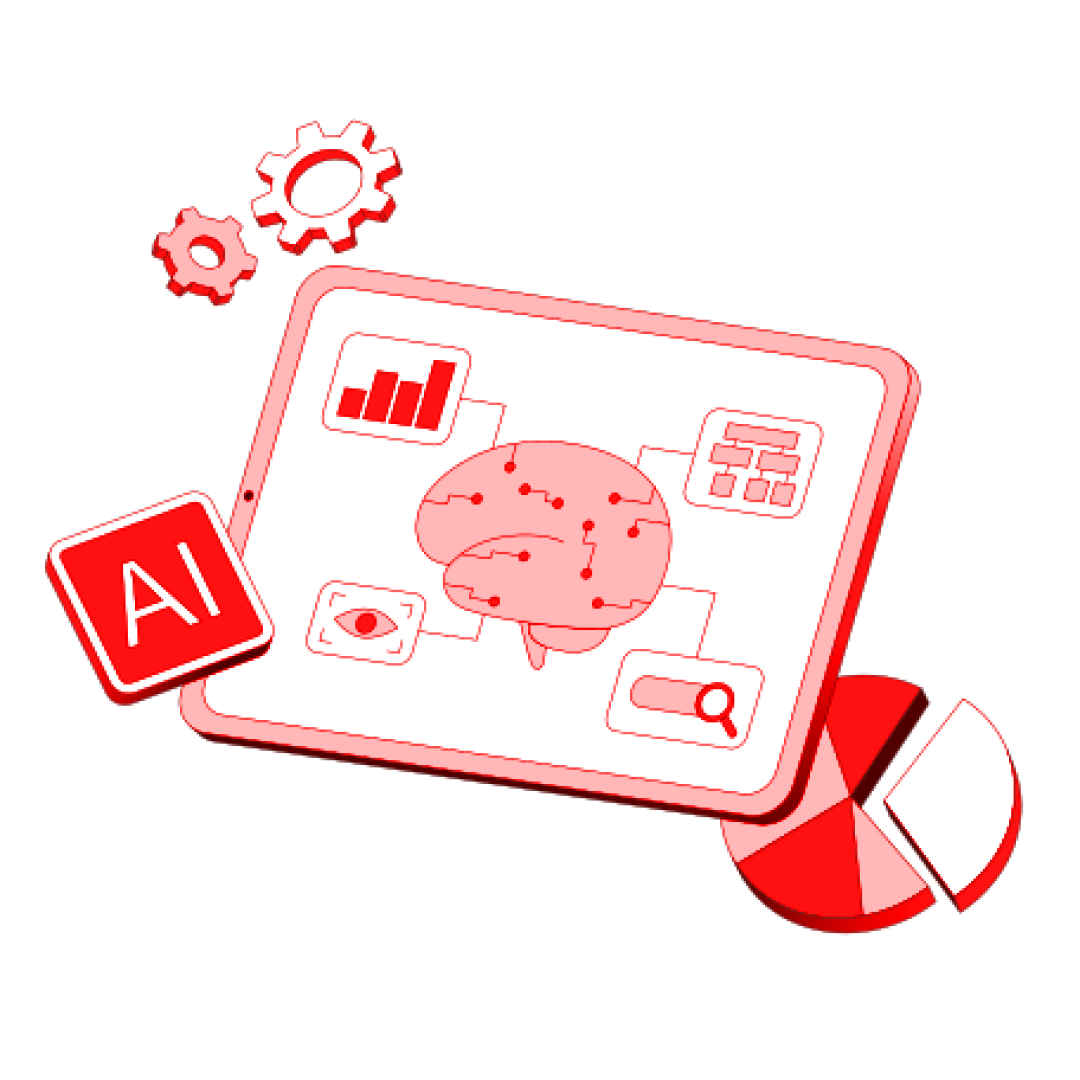
-
 10,00,000Learners
10,00,000Learners -
 26 lakhsHighest package for a fresher
26 lakhsHighest package for a fresher -
 300+Hiring Partners
300+Hiring Partners -
 700+Industry Experts
700+Industry Experts
Spotlight on our Learner
Catch Nisarg Jani - an upGrad Campus Learner, gather valuable insights from Radhika Gupta, CEO of Edelweiss.
They got their dream job. #AageKiSocho to get yours!

Sohit Maurya
Alumni


Vidushi
Analytics

Maddula Jaggadesh
Analytics

Milan Sood
Analytics

Sayed Askari


Jay Patel
Analytics


Arihant Jain
Alumni

Sumukh
Alumni

Supreeth M
Alumni

Dilecta Girkar
Alumni


Puneet Raj
Analytics


Shruti Kaushik
Analytics
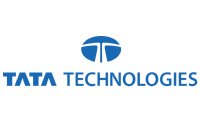

Nirekshan Jay
Analytics


Pushpanjali Kumar
Marketing


Yokesh Natraj
Alumni


Mohammad Aman
Marketing


Nikita Thawale
Alumni


Sahil Chakote
Alumni


Shubham Yuvraj Patil
Alumni
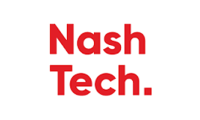

Ashutosh Nayak
Alumni

Top companies that our alumni work at















Our Job-ready Courses
Why choose upGrad Campus?
Check out what sets us apart and makes our programs the best online training and certification courses in India.
-

Live Classes
-
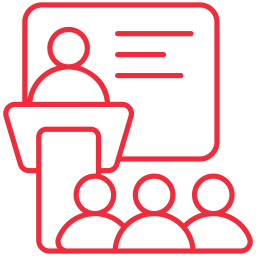
Mentorship Sessions
-
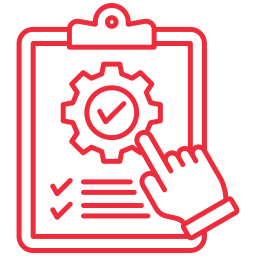
Career Guidance
-
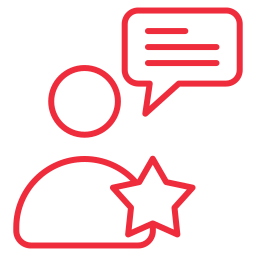
Top Faculty and Industry Experts
-
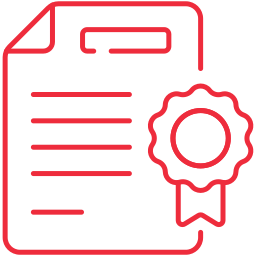
upGrad Campus Certificates
-
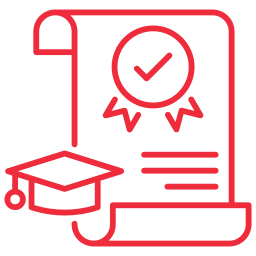
Scholarships and Financial Assistance
Land 3 Assured Interviews with Placement Plus
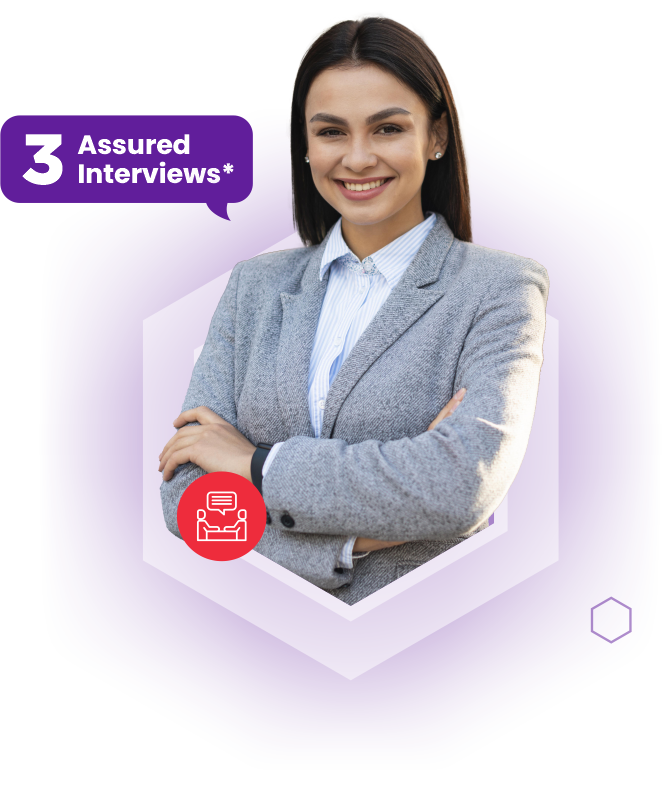
Get opportunities from top companies with this add-on program designed to help you crack interviews for your dream job.
-

One-on-one sessions
-

Career guidance
-

300+ hiring partners
-

Resumé building
-

Mock interviews
-
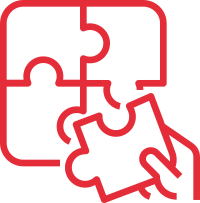
Soft skills training

Wondering how it works?
You bring in your talent, we arm you with the right skills.
Content created by top industry experts and professionals
Dive into a holistic learning experience
Network with peers and industry experts
Practical learning with personalized feedback
FAQs
upGrad Campus is India’s largest higher education platform. We make freshers ready for their dream jobs, via our online certification courses.
- Learn from the world’s best faculty and industry experts
- Premium learning content and study materials
- The best one-on-one student mentor support, available Monday through Sunday
- On-demand teacher assistance through interactive live sessions
- Focus on practical hands-on experience with industry-relevant case studies, live projects, and capstone projects
- Dedicated placement support platform for you to access opportunities from the world’s top companies
You don’t need any specific background to apply for our courses! To learn from our courses, a candidate must be reasonably good at English and should have at least completed their higher secondary school education (12th standard/PUC or equivalent).
However, what we do want all our students to have is a passion for the subject they’re studying, above anything else.
There are two ways to apply for our courses at upGrad Campus:
- If you have any queries regarding the program, you can click on the Talk To Our Learning Consultants button on the website. Our Learning Consultants will reach out to you and will counsel you accordingly. Further, you can pay the admissions fee and block your seat to enroll in the program.
- If you’d like to join the upcoming batch immediately, simply click on the Enroll Now button on the website. You will be guided on the next steps to pay the course fees and get access to the materials.
Due to the hands-on nature of our courses, you will require a laptop in order to attend classes. However there is no requirement for any additional software to attend the classes.
Our courses are made keeping realistic expectations and time frames in mind. However, in case you have any concerns about finishing the course on time, you can reach out to your Student Mentor. They’ll guide you through your queries.
The learning content will be available to access for 3 years post completion of your course.
upGrad Campus offers Placement Plus – a specially-curated program where our dedicated Mentors will guide and train you for getting placed in your dream company.
This program helps you get interview-ready via profile building, resumé proofing and updation, employability tests, group discussions, mock interviews and more. And the best part? You get 3 assured internship/job opportunities upon signing up for this.
upGrad Campus offers various payment solutions. You can pay directly via debit and credit card or through apps that support UPI. We also offer easy EMI options on certain credit cards as well as loans through third party credit facilitators. To know more about these options you can check out this blog, the entire process has been described for your convenience.
We do not offer any EMI options with International Credit Cards. However, we do provide no-cost EMIs on credit cards of ICICI Bank, HDFC Bank, AXIS Bank, Kotak Bank and RBL Bank.
Please note: we do not offer no-cost EMIs on Diner’s Club or American Express cards.
Yes we do allow batch deferrals. You can reach out to your student mentor to know more about the batch deferral policies.
Once you have signed up for a course, your student mentor will be available to answer any of your queries. You can also reach out to us by calling 1800-210-7070
Yes! One of the many perks of joining our program is that you will get to network with like-minded peers. Get doubts solved or just connect on shared goals – you will find a strong support system within our community.
upGrad Campus is an initiative by upGrad that strives to provide world-class job-ready programs curated specifically for college students and freshers.
 Your dream company demands top skills. Invest in them.
Your dream company demands top skills. Invest in them. 







